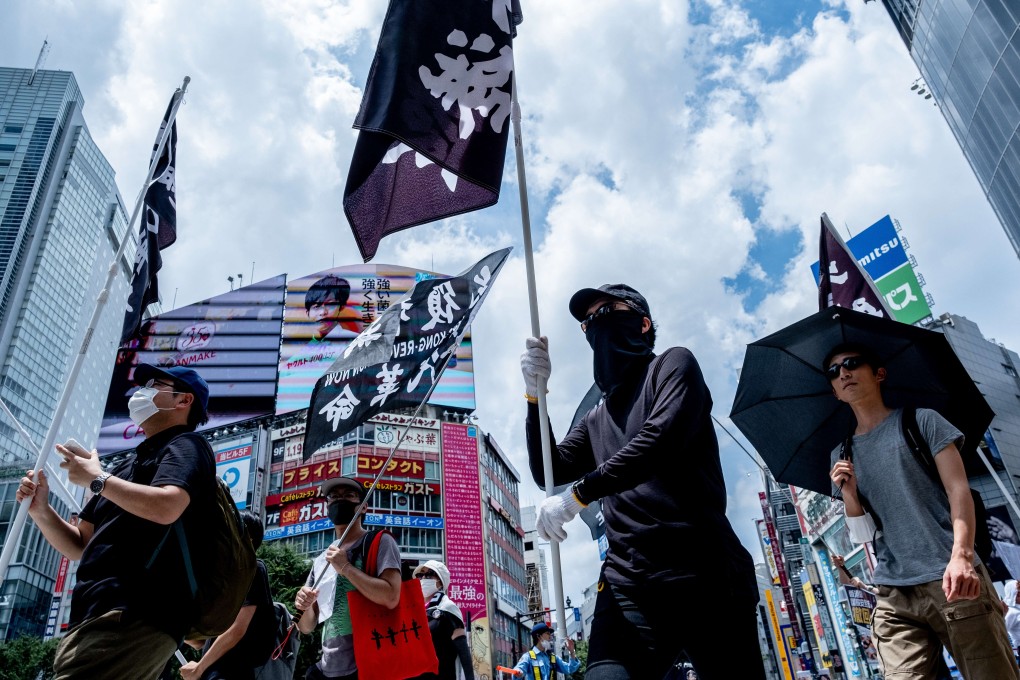Japan MPs push for Hong Kong sanctions bill in wake of national security law
- The proposed bill enjoys cross-party support and is similar in scope to one introduced by the United States Congress in November
- Questions have been raised about Japan’s ability to enforce sanctions, however, amid suggestions any resulting law would largely be symbolic

“I am a lawyer and I have been watching what has been going on in Hong Kong very carefully and I can say that what I see there is very worrying,” said Shiori Yamao, who jointly leads the new group and is a member of the opposition Democratic Party for the People, a centre-right party that is currently the second-largest in the Diet.
“I’m very optimistic that the bill that we hope to propose can eventually become law,” she told This Week In Asia . “And that is important because this is taking place right next to Japan.”

05:50
What you should know about China's new national security law for Hong Kong
The bill proposes giving Diet members the right to demand the executive branch open an investigation into cases in which human rights abuses are suspected. Should the investigation confirm that abuses have taken place, then the Japanese government will have the authority under the bill to sanction individuals or organisations involved by freezing their assets held in Japan, refusing entry into the country or ordering that they be deported.